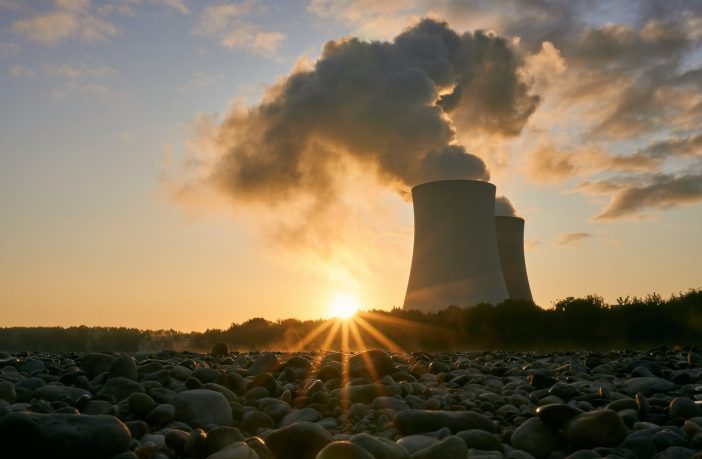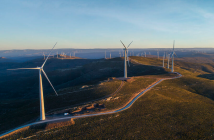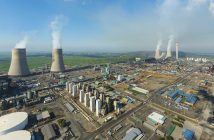- On 3 May 2022, the Pretoria High Court confirmed that the environmental authorisation for the planned 600MW KiPower coal-fired power station had expired.
- KiPower would have been built outside Emalahleni in Mpumalanga, already plagued by toxic air pollution from twelve of Eskom’s coal-fired power stations, Sasol’s coal-to-liquids plant in Secunda and the NatRef refinery in Sasolburg.
- KiPower is a subsidiary of Kuyasa Mining,
Without a valid environmental authorisation, the planned power station cannot be built, or meet requirements for any future procurement of coal electricity. The final court order was the result of the settlement of a court application brought by environmental justice group groundWork, represented by the Centre for Environmental Rights, in 2017.
groundWork had asked the court to review and set aside the decision of the then Department of Environmental Affairs to grant environmental authorisation to Kuyasa Mining (Pty) Ltd for the proposed KiPower Coal-fired power station. In 2021, the parties agreed to settle the case on the basis that the environmental authorisation had expired.
Stopping the KiPower coal power station project means that:
- significant air pollution that would have harmed the lives and health of residents of the already severely polluted eMalahleni area has been avoided;
- approximately 4.2 million tonnes/annum of carbon dioxide (CO2) that KiPower would have emitted, will not enter the atmosphere;
- the pollution from the proposed toxic coal ash dump, which would have posed major threats of pollution to groundwater resources, has been averted;
- South Africa’s water resources have been spared, as the KiPower plant would have added further demands on already strained water resources in the region of 1788m3 per day in the dry season and 1094m3 per day in the rainy season. Read more about the risks that this plant would have posed to the already polluted Olifants River Catchment here;
- importantly this also means that the Mpumalanga area – vulnerable to the impacts of climate change and transition risks – will not have to bear the brunt of another coal plant.
“This decision comes at a time when the tangible impacts of climate change are seen destroying the lives and livelihoods of many in KZN. Now more than ever, the country needs to commit to an energy plan that does not devastate local communities and the environment but rather ensures the country’s move towards a just transition,” says Robby Mokgalaka of groundWork.
Attorney at the Centre for Environmental Rights, Michelle Sithole, points out: “In the recent #DeadlyAir judgment, the High Court has acknowledged that the right to healthy air is one that is realisable here and now – not at some future time.”
The shelving of this KiPower likely signals the death of the Coal Baseload Independent Power Producer Procurement Programme (CBIPPPP) launched in terms of a 2012 Ministerial Determination for 2500 MW of baseload coal.
The two preferred bidders in the first bid window for the CBIPPPP, Thabametsi and Khanyisa, were stopped in their tracks by court applications brought by environmental justice groups Earthlife Africa and groundWork.
Although government is still persisting with plans for further new coal procurement under the IRP 2019, it needs to overcome a new hurdle – a legal challenge to coal proposed in the IRP 2019. The #CancelCoal case is a Constitutional challenge of government’s plans to develop 1500 megawatts of new coal-fired power as set out in the IRP 2019.
The case argues that this proposed new coal-fired power poses a threat to a number of Constitutionally enshrined rights, including the right to an environment that is not harmful to health or wellbeing, and the right to have the environment protected for the benefit of present and future generations.
A recent report by the International Energy Agency titled ‘Net Zero by 2050: a Roadmap for the Global Energy Sector’, adds to the growing voices of the scientific and economic community – there can be no investment in new fossil fuel supply projects, and no investment decisions for new unabated coal plants.
Author: Bryan Groenendaal
Source: Centre for Environemental Rights












1 Comment
Pingback: South Africa: EIAi for new 600mw kipower coal-fired power station has expired – Centre for Environmental Rights